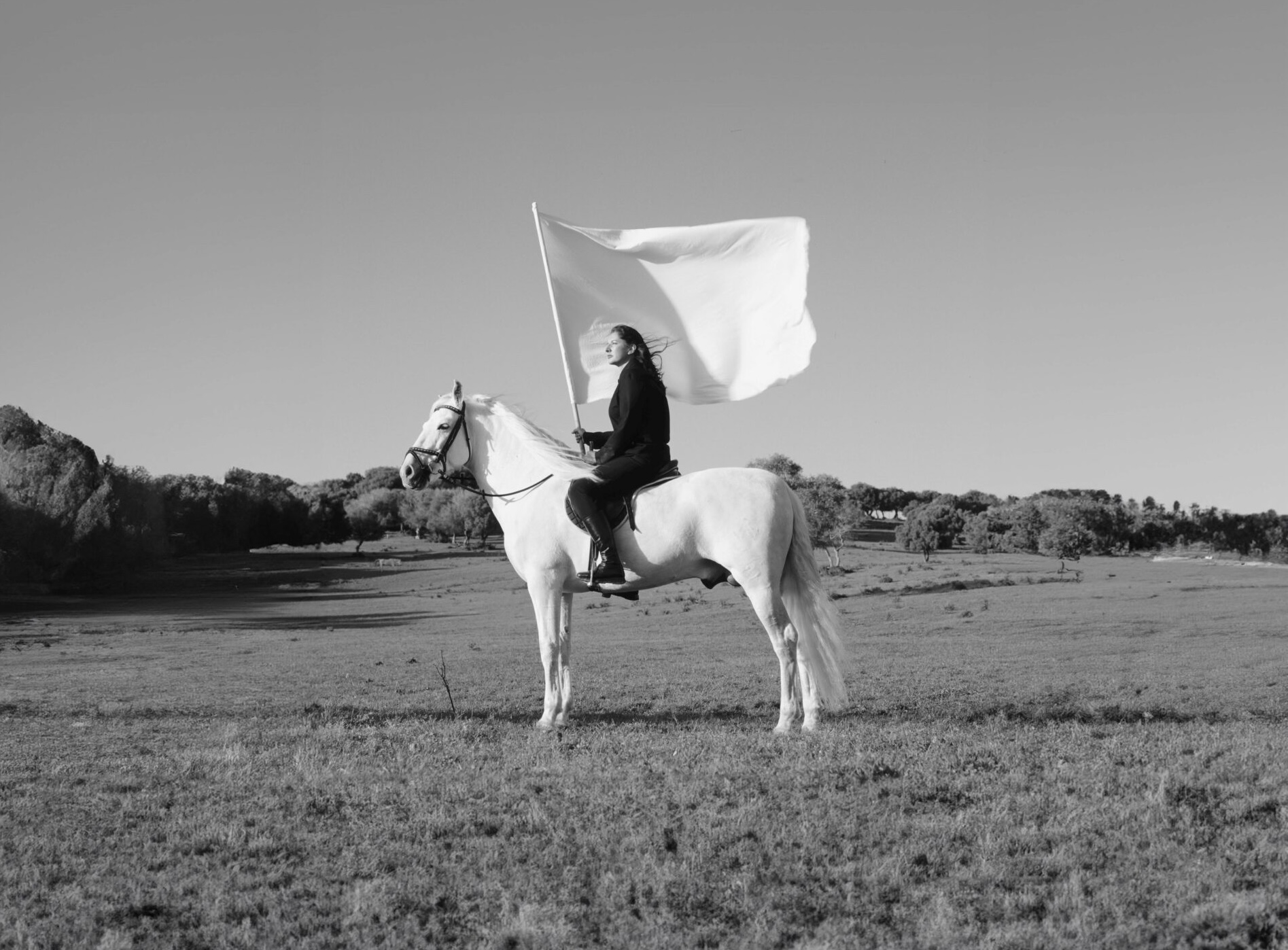There are a select few stories people tell. The significance doesn’t stay in the story itself, but rather in the way the story is told. A classical Greek myth, the story of Orpheus and Eurydice is a tale known to many as one of loss, particularly of a man losing his wife. Thus, the story has primarily focused on Orpheus and his grief; however, some fresh faces in entertainment have been challenging that story. In 2003, the play titled _Eurydice_ by American playwright and MacArthur Fellowship recipient Sarah Ruhl opened to the world. The play focused on the story as it would be told through Eurydice’s perspective. Through her poetic language, Ruhl gave a voice to the otherwise voiceless, yet primary, character in the myth. The only way to bring this version of the story to new and exciting heights would turn out to be through opera.
This brand-new opera would come to be through the minds of three MacArthur Fellowship recipients. The celebrated young American composer Matthew Aucoin has taken on this adaptation from play to opera with a delightful flair. With Sarah Ruhl joining him in penning the libretto and renown director and playwright Mary Zimmerman in charge of the direction, it is no wonder that the end result has proven a massive success.


Photography by Cory Weaver
This is an opera that showcases Eurydice’s story, a story that is colored with love and loss. Composer Matthew Aucoin explores these emotions through a score that combines melancholic, atmospheric, and lush orchestrations. Soprano Danielle de Niese brings a vast range of emotions and projects them so brilliantly that Hades (Barry Banks) himself cannot resist the pull. Amongst the celebrations of her marriage to Orpheus, she expresses her sadness at the absence of her father. Unlike the earliest versions of the story, which find a way to blame Eurydice for dying, here we see how her grief over her father’s death makes her vulnerable to Hades’ manipulations.
It is not just a story about loss, however, but about memory in relation to loss. When we first see Eurydice’s father in the Underworld, he emphasizes how he is one of the only few down there who still remembers how to read and write. This memory serves as a focal point in the plot since his letter to her acts as a motivator for her to see him again. When they reunite and Eurydice doesn’t remember him due to her dip in the River Lethe; however, he decides to teach her language once more. We learn that the only way he was able to remember language in Hades was through his desire to remember her name. It was his daughter’s name that brought him memories of the Earth, love, and life. Through his immersive acting and rich vocal delivery, Rod Gilfry presents a heartbreaking portrait of a grieving father, even in the afterlife.


Photography by Cory Weaver
We see a different manifestation of loss and memory through the form of Orpheus, portrayed by baritone Joshua Hopkins. When Eurydice dies, Orpheus loses his wife. As a response, he constantly exclaims about how he plays the saddest music now that she’s gone. At one point, Hades accuses him of enjoying his grief a little too much. It reminds the audience of Orpheus’ idealization of Eurydice, of his view of her as a romanticized object. Aucoin portrays this through the lush instrumentation and harmonization in the time post-Eurydice’s death, when Orpheus is at his most passionate. In these moments, we see Orpheus’ double, portrayed by countertenor John Holiday, who lends his beautiful voice to Hopkins as a means of amplifying his fixation on music.
It is an accumulation of all these different elements that leads us to the climax of the opera, the moment when Eurydice must choose between Orpheus and her father. This is one of the best scored and directed scenes in the opera, a liminal moment that encapsulates the terror Eurydice feels at having to leave her father, her home, so soon in order to become a wife and procreate. This is a moment when she exercises her agency in making this choice, a choice that the audience comes to understand and even applaud, something which readers of the original myth would’ve never done. Aucoin is doing new and exciting things with opera, bringing a score both alive and soft, brooding, and full of tremendous energy. For those who have wanted new and exciting talents in opera, this is a production that is definitely worth seeing.
* * *
[LA Opera's "Eurydice”](https://www.laopera.org/performances/201920-season/eurydice/) Showtimes:
[Saturday, February 8, 2020, at 7:30pm](https://tickets.laopera.org/syos/performance/5097)
[Friday, February 14, 2020, at 7:30pm](https://tickets.laopera.org/syos/performance/5098)
[Sunday, February 16, 2020, at 2pm](https://tickets.laopera.org/syos/performance/5099)
[Thursday, February 20, 2020, at 7:30pm](https://tickets.laopera.org/syos/performance/5100)
[Sunday, February 23, 2020, at 2pm](https://tickets.laopera.org/syos/performance/5101)
 
Photography by Cory Weaver
This is an opera that showcases Eurydice’s story, a story that is colored with love and loss. Composer Matthew Aucoin explores these emotions through a score that combines melancholic, atmospheric, and lush orchestrations. Soprano Danielle de Niese brings a vast range of emotions and projects them so brilliantly that Hades (Barry Banks) himself cannot resist the pull. Amongst the celebrations of her marriage to Orpheus, she expresses her sadness at the absence of her father. Unlike the earliest versions of the story, which find a way to blame Eurydice for dying, here we see how her grief over her father’s death makes her vulnerable to Hades’ manipulations.
It is not just a story about loss, however, but about memory in relation to loss. When we first see Eurydice’s father in the Underworld, he emphasizes how he is one of the only few down there who still remembers how to read and write. This memory serves as a focal point in the plot since his letter to her acts as a motivator for her to see him again. When they reunite and Eurydice doesn’t remember him due to her dip in the River Lethe; however, he decides to teach her language once more. We learn that the only way he was able to remember language in Hades was through his desire to remember her name. It was his daughter’s name that brought him memories of the Earth, love, and life. Through his immersive acting and rich vocal delivery, Rod Gilfry presents a heartbreaking portrait of a grieving father, even in the afterlife.

Photography by Cory Weaver
This is an opera that showcases Eurydice’s story, a story that is colored with love and loss. Composer Matthew Aucoin explores these emotions through a score that combines melancholic, atmospheric, and lush orchestrations. Soprano Danielle de Niese brings a vast range of emotions and projects them so brilliantly that Hades (Barry Banks) himself cannot resist the pull. Amongst the celebrations of her marriage to Orpheus, she expresses her sadness at the absence of her father. Unlike the earliest versions of the story, which find a way to blame Eurydice for dying, here we see how her grief over her father’s death makes her vulnerable to Hades’ manipulations.
It is not just a story about loss, however, but about memory in relation to loss. When we first see Eurydice’s father in the Underworld, he emphasizes how he is one of the only few down there who still remembers how to read and write. This memory serves as a focal point in the plot since his letter to her acts as a motivator for her to see him again. When they reunite and Eurydice doesn’t remember him due to her dip in the River Lethe; however, he decides to teach her language once more. We learn that the only way he was able to remember language in Hades was through his desire to remember her name. It was his daughter’s name that brought him memories of the Earth, love, and life. Through his immersive acting and rich vocal delivery, Rod Gilfry presents a heartbreaking portrait of a grieving father, even in the afterlife.
 
Photography by Cory Weaver
We see a different manifestation of loss and memory through the form of Orpheus, portrayed by baritone Joshua Hopkins. When Eurydice dies, Orpheus loses his wife. As a response, he constantly exclaims about how he plays the saddest music now that she’s gone. At one point, Hades accuses him of enjoying his grief a little too much. It reminds the audience of Orpheus’ idealization of Eurydice, of his view of her as a romanticized object. Aucoin portrays this through the lush instrumentation and harmonization in the time post-Eurydice’s death, when Orpheus is at his most passionate. In these moments, we see Orpheus’ double, portrayed by countertenor John Holiday, who lends his beautiful voice to Hopkins as a means of amplifying his fixation on music.
It is an accumulation of all these different elements that leads us to the climax of the opera, the moment when Eurydice must choose between Orpheus and her father. This is one of the best scored and directed scenes in the opera, a liminal moment that encapsulates the terror Eurydice feels at having to leave her father, her home, so soon in order to become a wife and procreate. This is a moment when she exercises her agency in making this choice, a choice that the audience comes to understand and even applaud, something which readers of the original myth would’ve never done. Aucoin is doing new and exciting things with opera, bringing a score both alive and soft, brooding, and full of tremendous energy. For those who have wanted new and exciting talents in opera, this is a production that is definitely worth seeing.
* * *
[LA Opera's "Eurydice”](https://www.laopera.org/performances/201920-season/eurydice/) Showtimes:
[Saturday, February 8, 2020, at 7:30pm](https://tickets.laopera.org/syos/performance/5097)
[Friday, February 14, 2020, at 7:30pm](https://tickets.laopera.org/syos/performance/5098)
[Sunday, February 16, 2020, at 2pm](https://tickets.laopera.org/syos/performance/5099)
[Thursday, February 20, 2020, at 7:30pm](https://tickets.laopera.org/syos/performance/5100)
[Sunday, February 23, 2020, at 2pm](https://tickets.laopera.org/syos/performance/5101)

Photography by Cory Weaver
We see a different manifestation of loss and memory through the form of Orpheus, portrayed by baritone Joshua Hopkins. When Eurydice dies, Orpheus loses his wife. As a response, he constantly exclaims about how he plays the saddest music now that she’s gone. At one point, Hades accuses him of enjoying his grief a little too much. It reminds the audience of Orpheus’ idealization of Eurydice, of his view of her as a romanticized object. Aucoin portrays this through the lush instrumentation and harmonization in the time post-Eurydice’s death, when Orpheus is at his most passionate. In these moments, we see Orpheus’ double, portrayed by countertenor John Holiday, who lends his beautiful voice to Hopkins as a means of amplifying his fixation on music.
It is an accumulation of all these different elements that leads us to the climax of the opera, the moment when Eurydice must choose between Orpheus and her father. This is one of the best scored and directed scenes in the opera, a liminal moment that encapsulates the terror Eurydice feels at having to leave her father, her home, so soon in order to become a wife and procreate. This is a moment when she exercises her agency in making this choice, a choice that the audience comes to understand and even applaud, something which readers of the original myth would’ve never done. Aucoin is doing new and exciting things with opera, bringing a score both alive and soft, brooding, and full of tremendous energy. For those who have wanted new and exciting talents in opera, this is a production that is definitely worth seeing.
* * *
[LA Opera's "Eurydice”](https://www.laopera.org/performances/201920-season/eurydice/) Showtimes:
[Saturday, February 8, 2020, at 7:30pm](https://tickets.laopera.org/syos/performance/5097)
[Friday, February 14, 2020, at 7:30pm](https://tickets.laopera.org/syos/performance/5098)
[Sunday, February 16, 2020, at 2pm](https://tickets.laopera.org/syos/performance/5099)
[Thursday, February 20, 2020, at 7:30pm](https://tickets.laopera.org/syos/performance/5100)
[Sunday, February 23, 2020, at 2pm](https://tickets.laopera.org/syos/performance/5101)
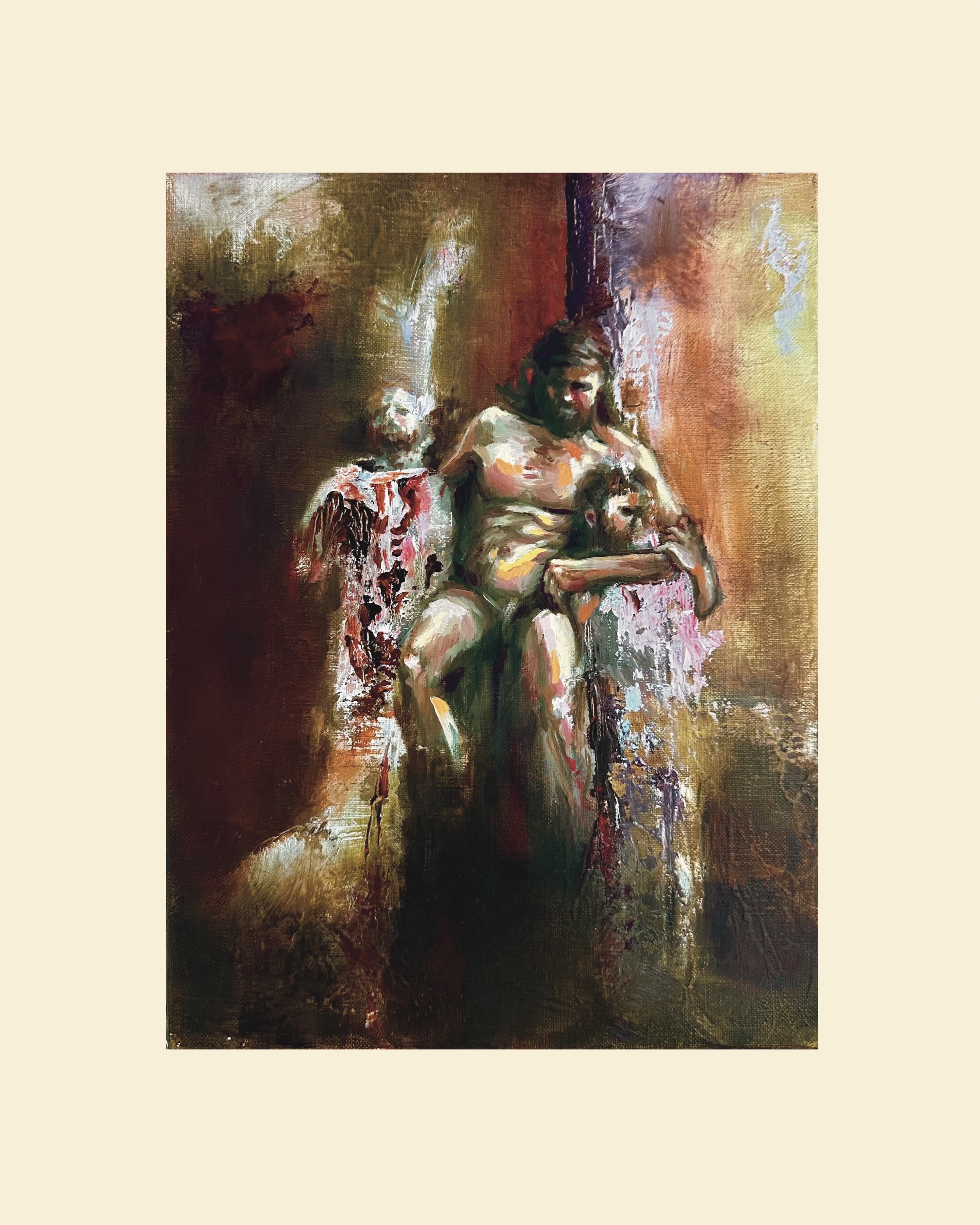

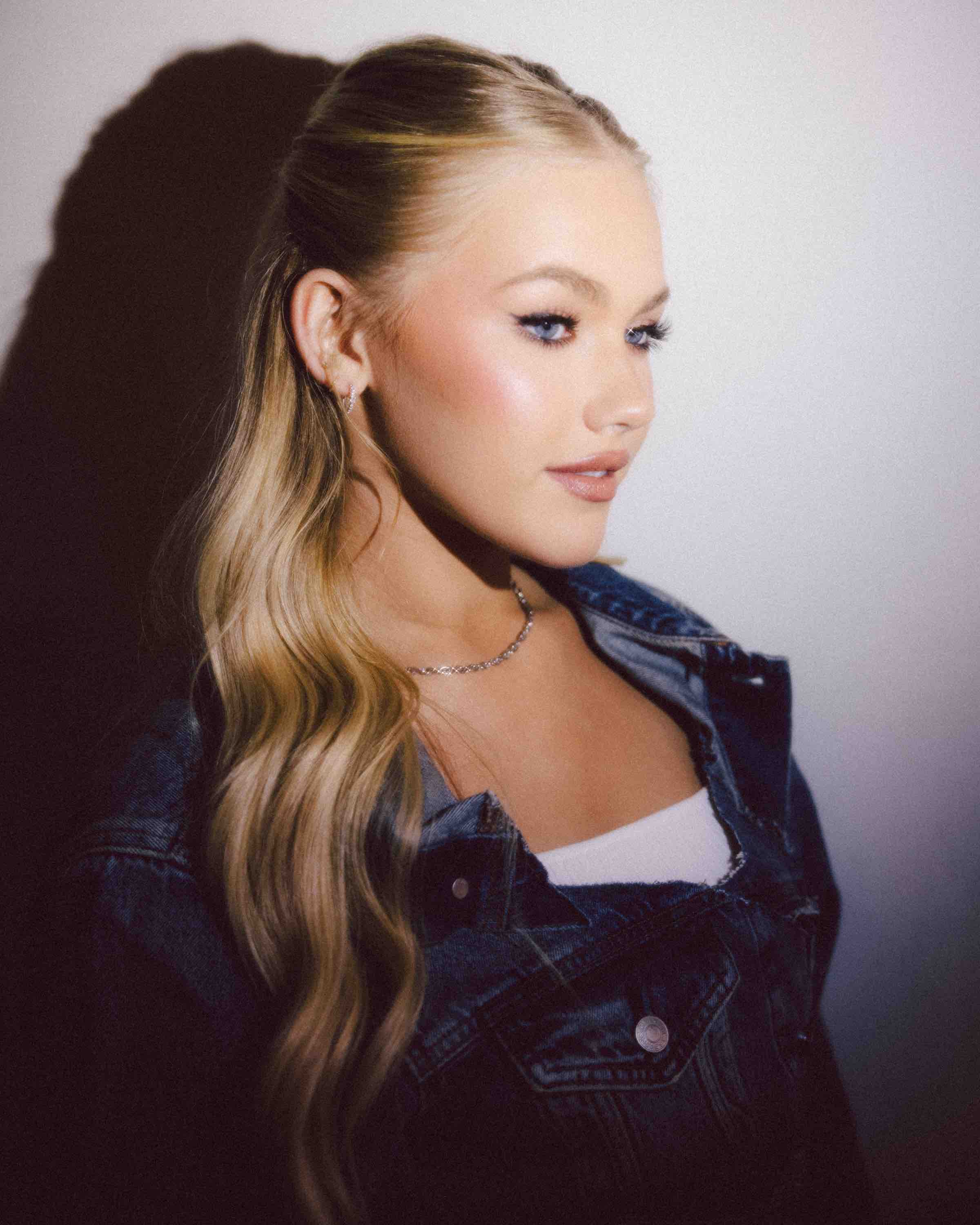
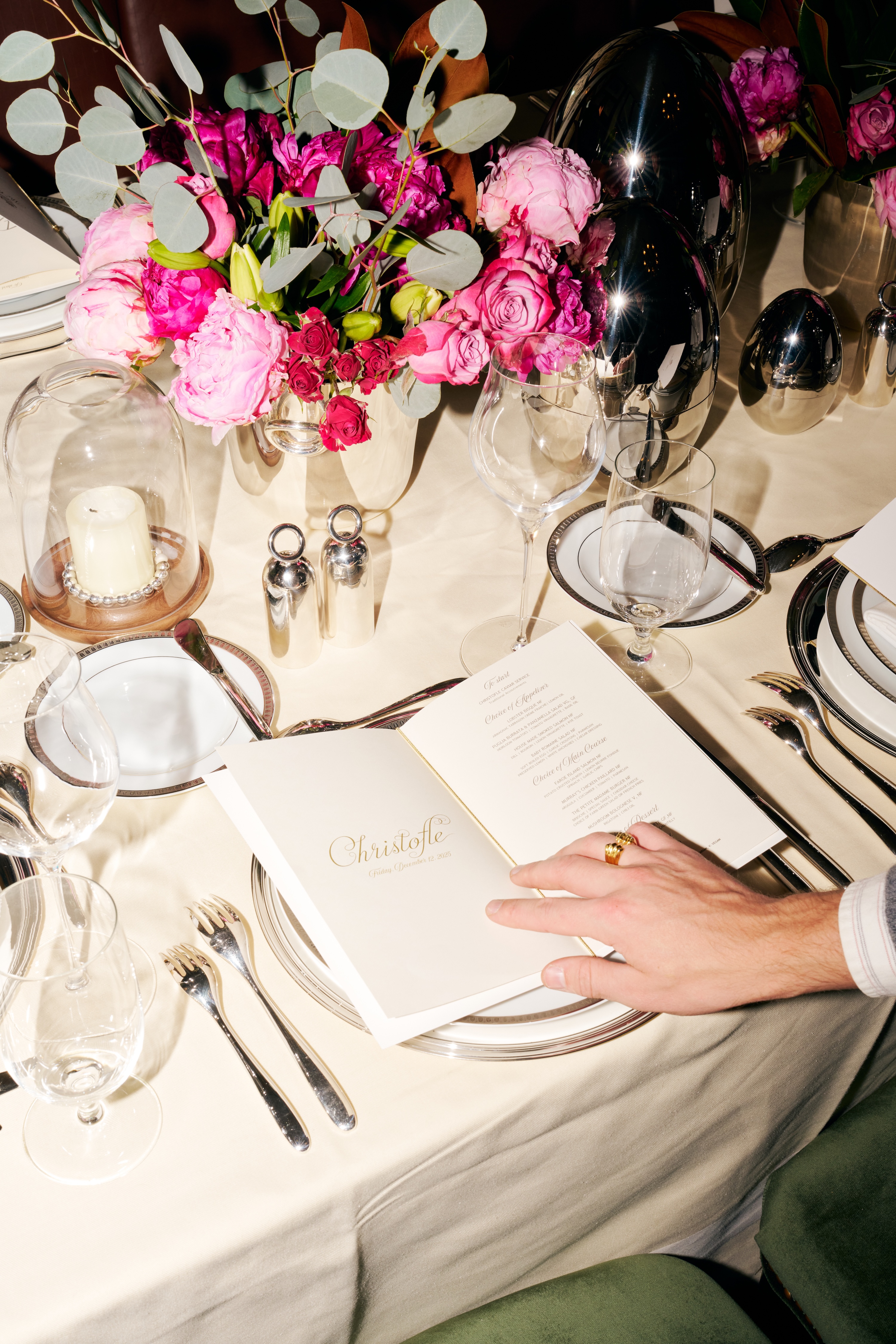
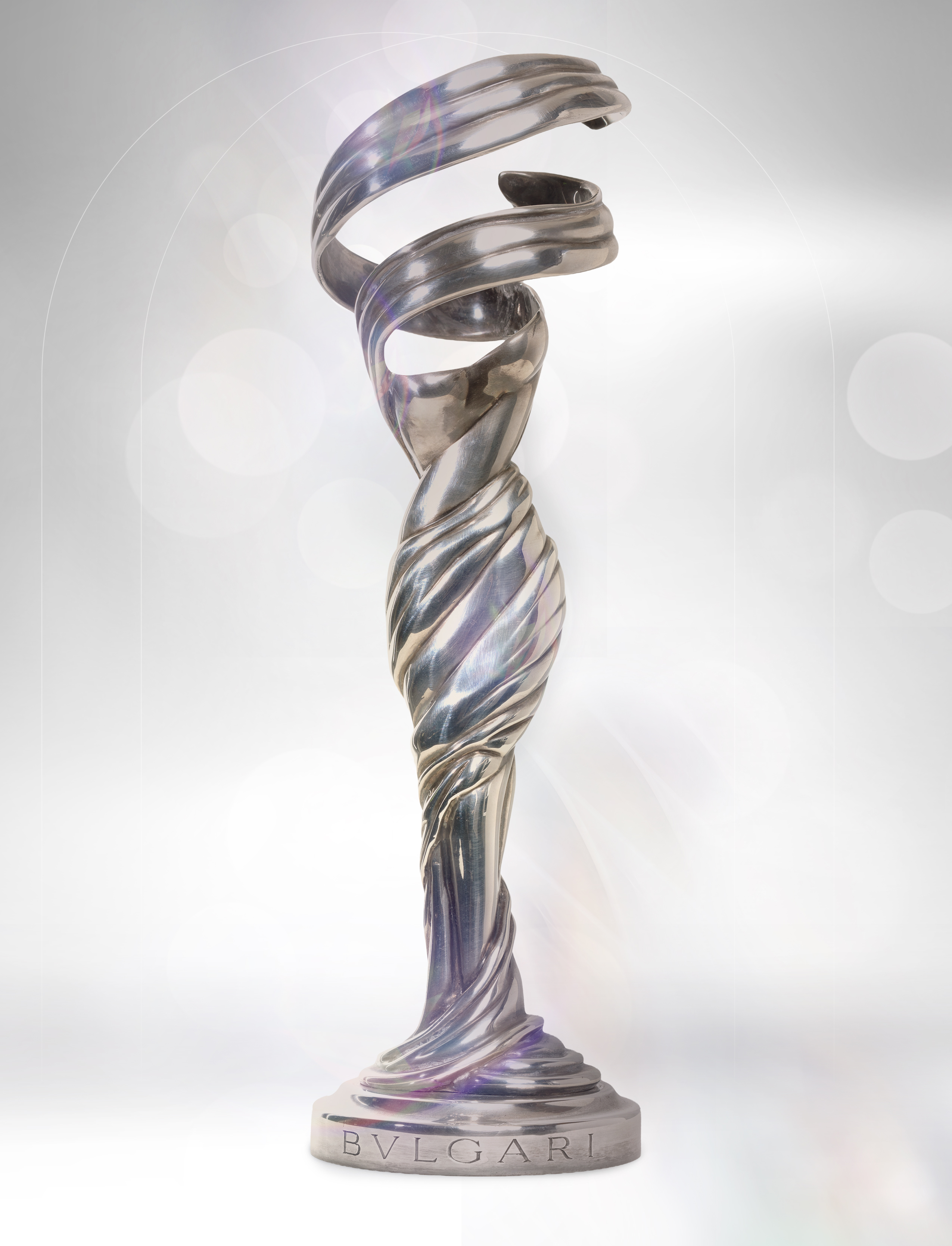
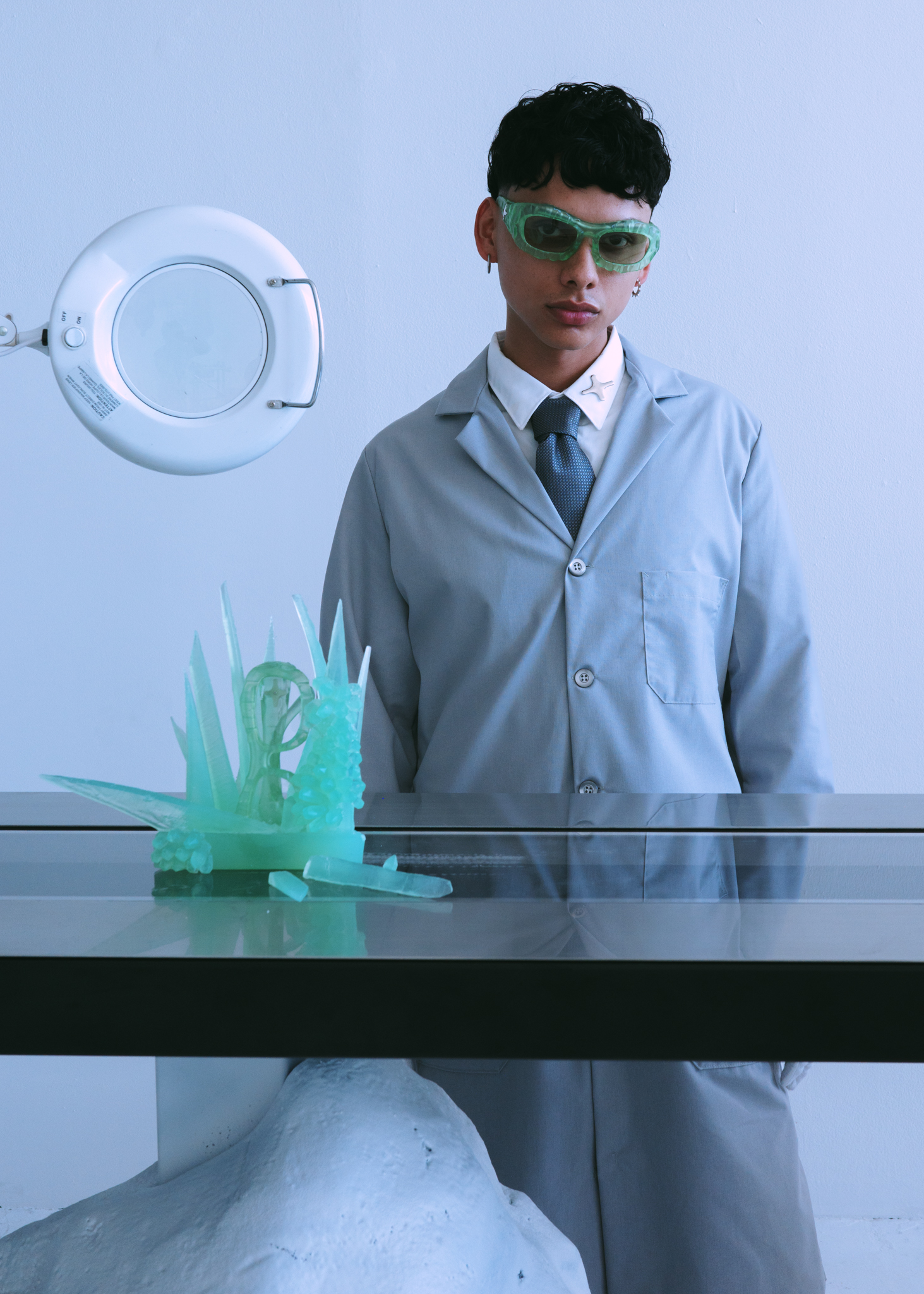



.JPG)
.jpg)

